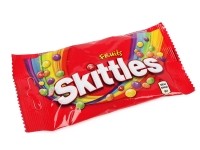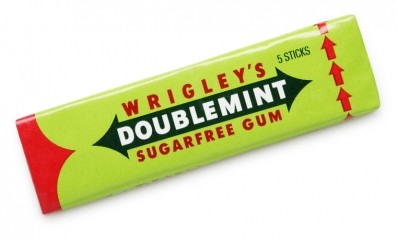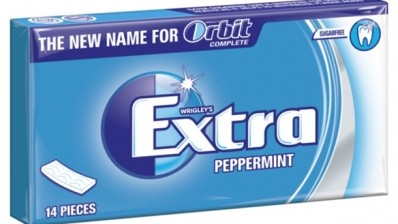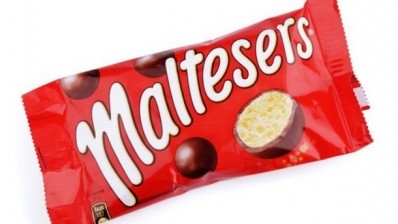Analyst View
Mars Wrigley Confectionery to be ‘lean and mean’ in resurgent global market
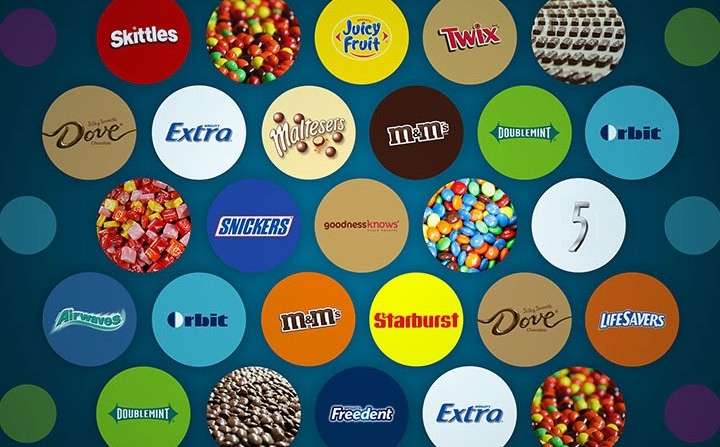
Mars Incorporated last week acquired the minority stake held in Wrigley by Warren Buffet-owned Berkshire Hathaway and said it would combine its chocolate and Wrigley segments to create ‘Mars Wrigley Confectionery’.
Well positioned for emerging market growth
Ronan Stafford, senior analyst for Canadean, told ConfectioneryNews that Mars integration of the Wrigley business will help it target new opportunities in a global confectionery market forecast for a compound annual growth rate (CAGR) of 4.4% between 2015 and 2020 in US dollar terms.
Integration in 2017
The Mars Wrigley integration will be phased in during 2017. The businesses will operate separately until then. Mars Wrigley Confectionery will be headquartered in Chicago, Illinois and the 30,000 employee unit will be led by Martin Radvan, current global president of Wrigley. Casey Keller, previously regional president of Wrigley Americas, will become president of Wrigley globally. Jean-Christophe Flatin will continue as president of Mars Global Chocolate.
“This simplified structure will make Mars more ‘lean and mean’, and it is now better placed to adjust its product portfolio to evolving health consciousness in western markets and the growing middle-class spending power in emerging economies,” he said.
Stafford said retailers would find it easier to deal with one large partner with many brands rather than two different suppliers and said the structure would allow Mars to better cater for local tastes in emerging markets in Latin America, Africa and Asia-Pacific.
Beyond gum
But, Jack Skelly, food analyst at Euromonitor International, said the new entity should look beyond gum.
The gum category has been in decline and he said “it will be increasingly difficult to generate revenue growth from this product”.
Mars is the global leader in gum through Wrigley, which has a 34.4% brand share, ahead of Mondelēz International’s Trident (12.2%), according to Euromonitor.
“Over 2015-2020, gum is likely to continue struggling, despite some low growth. Mars should look to other products to achieve growth, though possibly with its Wrigley’s brand,” said Skelly.
According to Euromonitor data, Wrigley is already the number one brand in overall global confectionery with a 4.1% retail value share ahead of Mondelēz’s Cadbury brand (3%).
Wrigley's non-gum products include Skittles, Altoids, Starburst and Lifesavers.
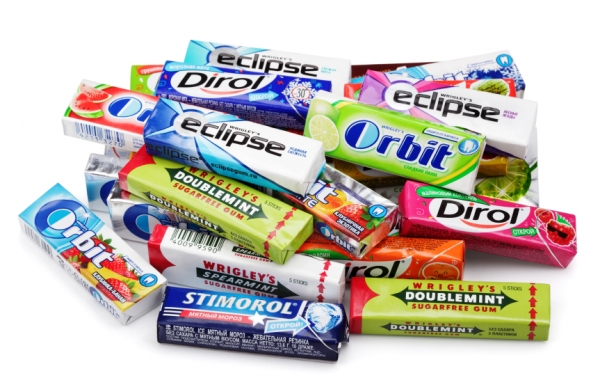
‘Sail-trimming’
Marcia Mogelonsky, director of insight at Mintel, said the Mars Wrigley merger had been a move analysts had expected.
“The confectionery industry has been squeezed of late - both in sugar confectionery gum and chocolate, and companies are cost-cutting as much as they can.
“We've seen a lot of ‘sail trimming’ from Mondelēz, for example, and Mars is not immune to the changes we're seeing across developed and developing confectionery markets,” she said.
Mondelēz began a global supply chain efficiency program in 2013 that has seen it close smaller sub-scale facilities and consolidate production in multiple-category factories.
A Mars spokesperson told this site “there will be some impact on jobs, but we don’t know the full implications at this time.”
Berkshire Hathaway confectionery holdings
Warren Buffet’s Berkshire Hathaway acquired a minority stake in Wrigley in 2008 for $4.4bn, helping Mars to acquire the Wrigley business . Berkshire Hathaway currently has equity stakes in See’s candies and KraftHeinz, according to its website. Last year, Buffet played down speculation that KraftHeinz would move to acquire Mondelēz International.
‘Super confectionery category’
Mars' said in its release last week that gum and chocolate are "increasingly seen as one global confectionery category”.
“But the lines are blurring even more than that as confectionery and snacks merge into one mega-category,” said Mogelonsky.
“It will not be surprising if Mars draws other products (e.g. snack bars like Goodness Knows) into its new ‘super confectionery category’ while it reorganizes its US operations,” she said.
Mars can answer ‘adultification’ trend
According to Stafford, many brands are looking at the ‘adultification’ of products through provocative marketing campaigns, alcoholic flavors and energy boosting ingredients such as caffeine.
“This is to meet the needs of consumers who want a more mature consumption experience. Mars Wrigley will now be better placed to examine how it is meeting needs such as this across its unified confectionery portfolio,” he said.
